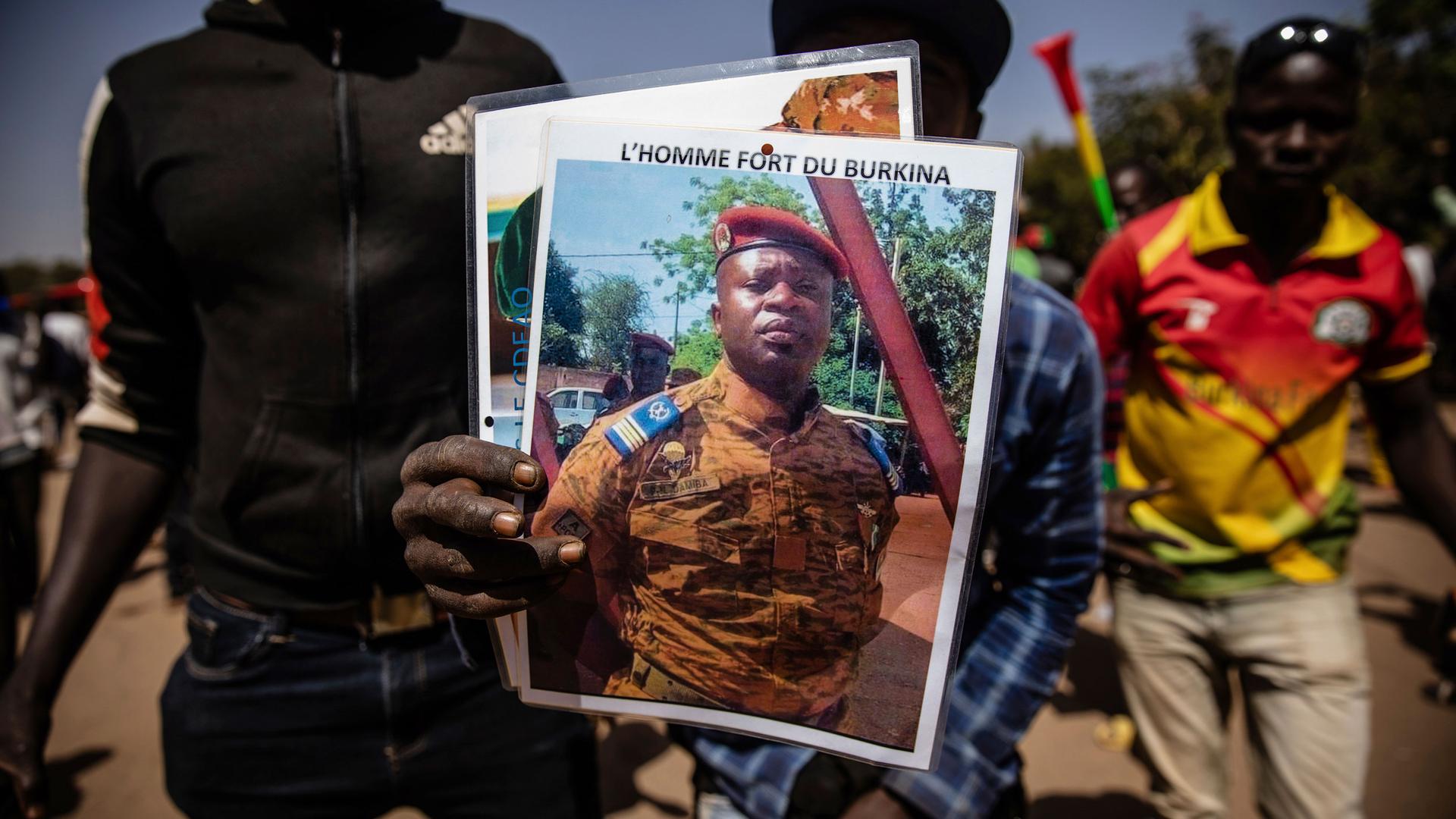This analysis was featured in Critical State, a weekly foreign policy newsletter from Inkstick Media. Subscribe here.
With six attempted or successful coups in Africa in 2021, and the military takeover in Burkina Faso in January, the sudden proliferation of undemocratic shifts in state control has reignited a series of debates about coups. What causes them? Are they predictable? We’ll investigate new research on these questions this week and next in Deep Dive.
Related: What does ‘legitimacy’ mean: Part I
One topic that comes up frequently in discussions involving military coups is the training backgrounds of the coupists. It seems that, with remarkable frequency, the military officers most involved in deposing democratically elected leaders were, not so long ago, at one or another US military base being lectured about the importance of civilian control of the military. US military training of foreign officers, which ostensibly counts reinforcing democratic norms among its many goals, appears at first glance to have, at best, little effect on the likelihood of a trainee to be involved in a future coup, and at worst makes it much more likely that they will be involved.
In a new article in the Journal of Peace Research, however, political scientists Theodore McLaughlin, Lee Seymour, and Simon Pierre Boulanger-Martel dig a bit deeper into the data to see whether there are any variations in coup outcomes across the wide range of foreign training the US offers.
Related: What does ‘legitimacy’ mean: Part II
McLaughlin et. al. have put together a new dataset of all international military training programs the US ran between 1999 and 2016. The data allows them to take a broad look at the massive US effort to train members of foreign militaries. The US ran 34 different training programs during the period covered by the database, which taught over 2.3 million pupils. Even if you leave out the country-wide programs the US conducted in Afghanistan and Iraq, you’re still left with 971,054 people trained over that period.
One of those 34 programs that has come in for particular scrutiny from scholars and activists is the International Military Education & Training programs (IMET). A close study of IMET and the Counterterrorism Fellowship Program in 2017 showed that the presence of either program doubled the likelihood of a military coup in that country. The authors of that study extrapolated their results to US foreign military training programming generally, arguing that IMET’s focus on inculcating norms of civilian control of the military and respect for democratic processes means that if IMET graduates are doing coups, then surely graduates of all the other programs are doing coups as well.
Yet McLaughlin et. al., looking at all those other programs, find a different result. The correlation between IMET programming and coup attempts remains strong, but the relationship does not hold for any other US-led foreign military training program the researchers track. Even the Regional Centers for Security Studies programs, which, like IMET, take on as trainees the class of senior officer most likely to be involved in coups, do nothing to increase the likelihood of military coups in recipient countries. In short, there is something in particular about IMET that is either attracting or creating coupists.
This result suggests two things. The first is that the idea of inculcating democratic civil-military norms in a classroom setting — a core goal of IMET — is likely a pipe dream. At the very least, we don’t understand how to do it yet. The second, more optimistic, conclusion is that reformers in and out of government trying to limit the negative spillover effects of US training programs can train their fire on IMET. Understanding the role that program plays in producing coup-committing graduates would be a major step forward in lessening the harms produced by US military outreach.
Critical State is your weekly fix of foreign policy analysis from the staff at Inkstick Media. Subscribe here.
